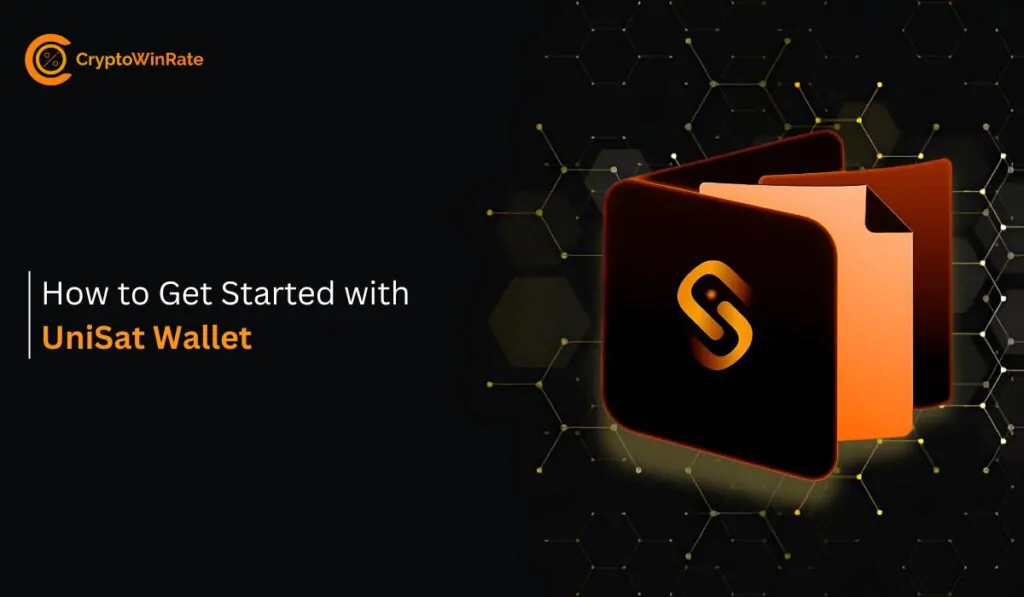So, I was messing around with Bitcoin wallets the other day, trying to figure out which one actually gets the whole Ordinals and BRC-20 scene. Wow! It’s kinda wild how fast things have evolved. At first glance, you’d think any wallet that supports Bitcoin would do, right? But nah, not really.
Here’s the thing. The usual suspects—those big-name wallets—they often lag behind when it comes to handling Bitcoin NFTs or Ordinals. And honestly, the user experience can get super clunky. Something felt off about most options; either they didn’t support the Ordinals at all or made it a headache to manage them.
Initially, I thought the complexity was unavoidable. After all, Bitcoin wasn’t built for NFTs like Ethereum. But then I stumbled upon the unisat wallet, and it kinda flipped my perspective. Seriously, the way it integrates Bitcoin Ordinals is surprisingly smooth. Not perfect, but way better than I expected.
My instinct said, “Okay, this might be the one to watch.” So I dug in deeper, and here’s what I found.
First off, the unisat wallet isn’t just about storing Bitcoin—it’s tailored for the new wave of digital assets on Bitcoin’s blockchain. Think of it as a bridge between Bitcoin’s old-school value store and this fresh NFT culture that’s building around Ordinals. And oh, by the way, it actually manages to keep things light and user-friendly without sacrificing security.
Now, I’m biased because I’ve spent countless hours fumbling through less intuitive wallets. But what bugs me about many solutions is that they treat NFTs as an afterthought. Not unisat. It puts Ordinals front and center, making it straightforward to mint, send, and receive them. Plus, it supports BRC-20 tokens, which is kinda the wild west of Bitcoin-based fungible tokens. Handling that on other platforms? Painful.
Okay, so check this out—unisat’s interface is web-based but doesn’t skimp on features. It’s surprisingly robust, allowing you to browse Ordinals collections and manage your assets right from your browser. For someone like me who hates switching apps or jumping through hoops, that convenience is a breath of fresh air.
Here’s where it gets interesting: the wallet is also open-source. Initially, I thought, “That’s cool, but does it mean it’s less secure?” Actually, wait—let me rephrase that. Open-source often means the community can audit and improve the code, which is a huge plus in crypto. On one hand, it’s transparent; though actually, that doesn’t guarantee perfect security, but it certainly builds trust.
Something else I appreciated is how unisat tackles the nitty-gritty of Ordinal inscriptions. These aren’t your typical tokens; they’re unique satoshis with data attached. Managing them requires more than just a Bitcoin address and private key. Unisat’s built-in tools let you explore and track these inscriptions easily, which is something I haven’t seen done this well elsewhere.
Now, I’m not 100% sure if unisat will become the dominant wallet for Bitcoin NFTs, but it’s definitely pushing in the right direction. It’s like watching the early days of Ethereum wallets when Metamask first came out—there’s a rawness to it, but the potential is huge.
Honestly, I think wallets like unisat could be the key to onboarding the next wave of Bitcoin enthusiasts who want to engage with NFTs without the Ethereum gas fees. It taps into Bitcoin’s massive network effect while opening doors to creative uses that were once out of reach.

That said, there are still rough edges. The UI can be a bit overwhelming for complete newbies, and sometimes transactions take longer than expected—typical Bitcoin stuff, though. Also, the space is evolving so fast that features keep rolling out, making it a bit of a moving target.
But here’s what really struck me—unisat isn’t just a tool; it feels like a community hub. The developers are active, and there’s a growing ecosystem around it. I stumbled into some forums where users share Ordinal art and token drops, and it reminded me of how vibrant these new Bitcoin NFT communities are becoming.
It’s worth mentioning that if you’re serious about diving into Bitcoin NFTs or BRC-20 tokens, having a wallet that understands the nuances is very very important. Many wallets just don’t cut it. And that’s why I keep coming back to unisat. You can check it out yourself unisat wallet—it’s free, easy to set up, and surprisingly powerful.
All in all, the Bitcoin Ordinals scene is still in its infancy, and wallets like unisat are helping shape what the experience looks like. I’m curious to see how they handle scaling and usability as more folks join in. Will it become the go-to? Time will tell.
But for now, if you’re dabbling with Bitcoin NFTs or BRC-20 tokens, giving unisat a spin might save you a lot of headaches. Trust me, I’ve been there.

